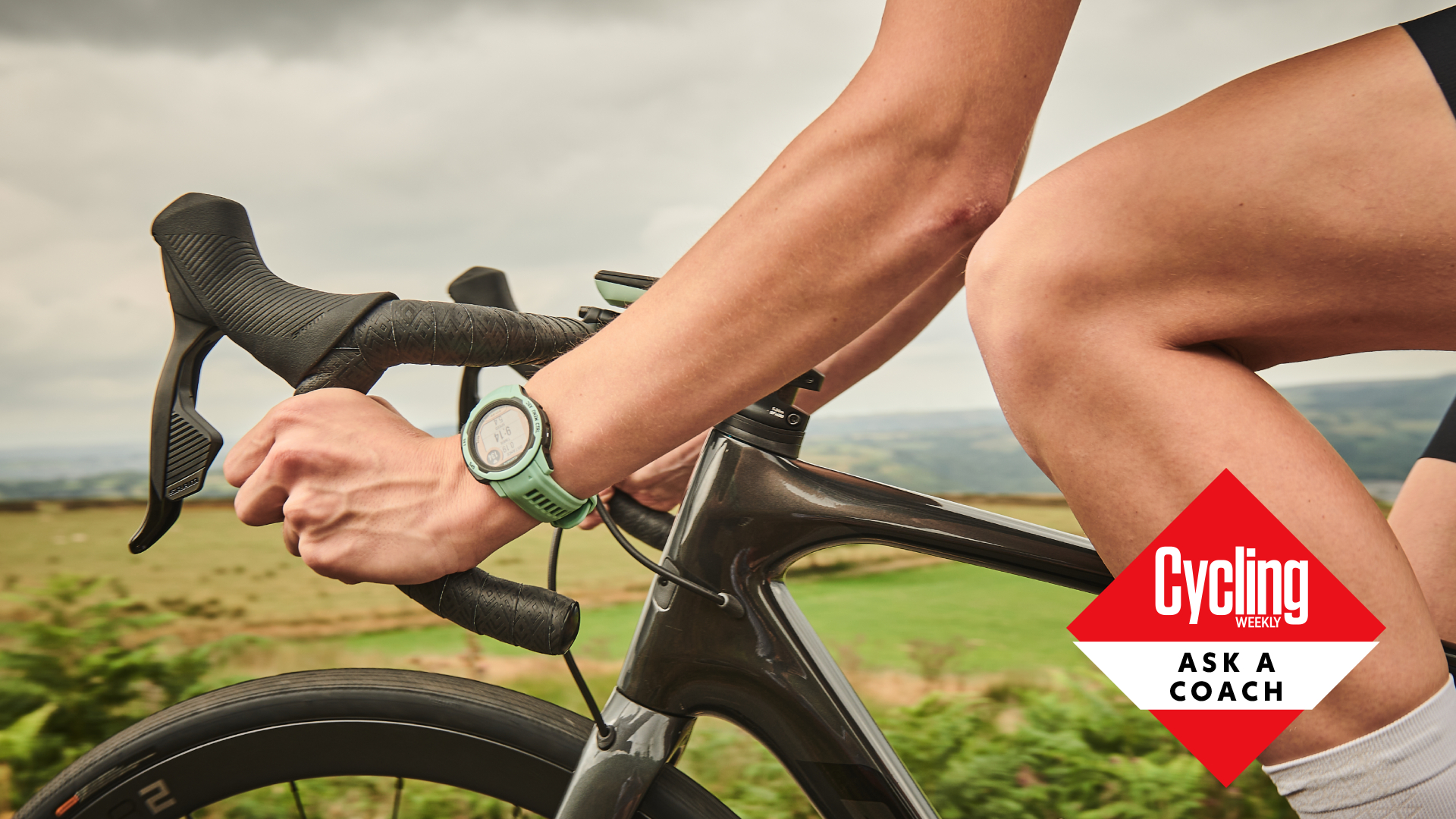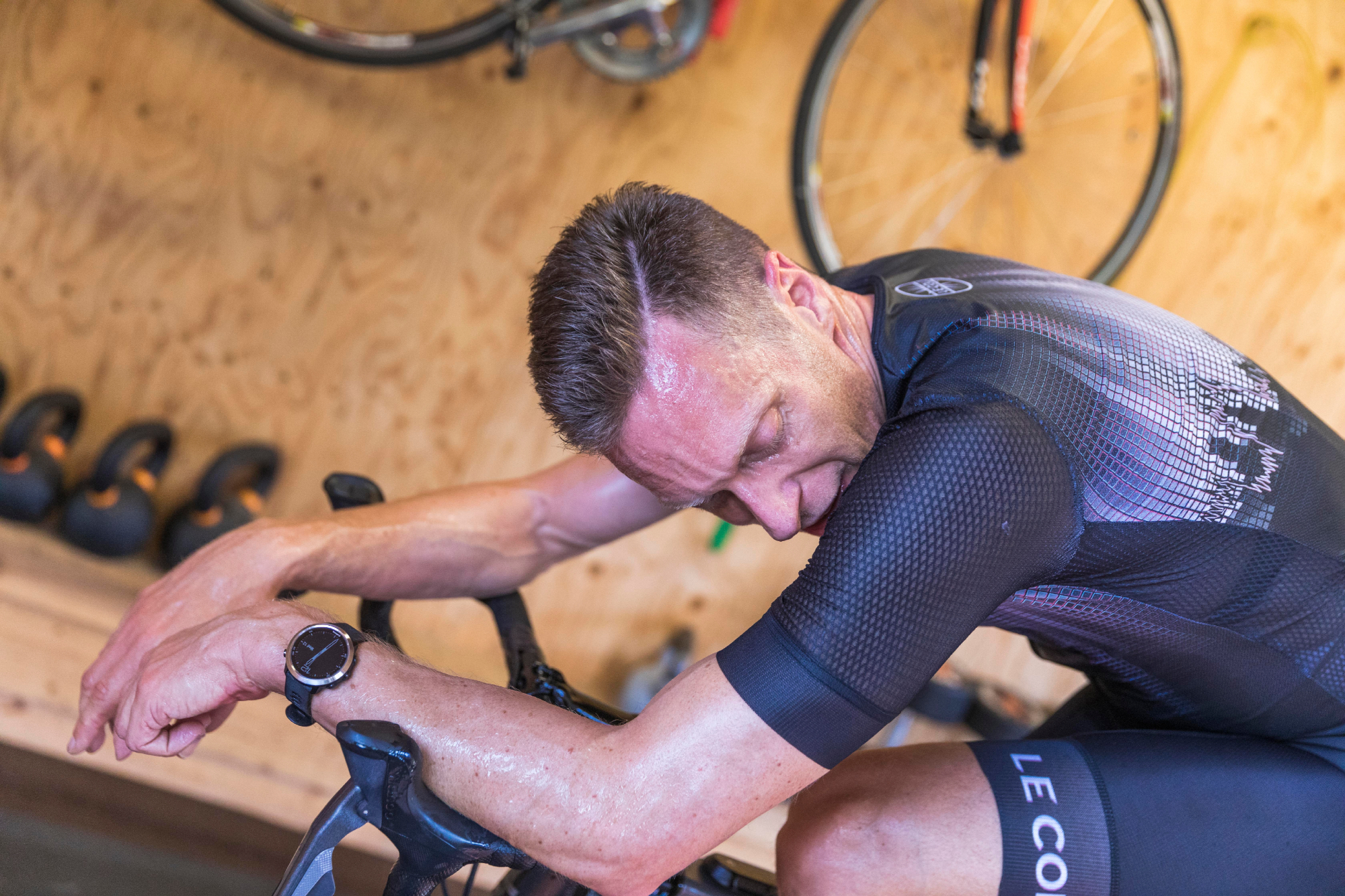Ask a coach: 'Should I be paying attention to 'Pulse Ox' readings on my Garmin smartwatch?'
So you've bought a fancy smartwatch with data metrics you've never come across before - Pulse Ox being one of them. We take you through what this metric is and how useful its numbers really are


The latest race content, interviews, features, reviews and expert buying guides, direct to your inbox!
You are now subscribed
Your newsletter sign-up was successful
Garmin (and other smartwatch manufacturers) have relatively recently started allowing users to measure their ‘Pulse Ox’. Pulse Ox is a proxy for what sports scientists call SpO₂. Essentially this is the oxygen saturation within the blood; the percentage of haemoglobin carrying oxygen.
Traditionally SpO₂ has been measured using a device placed on the fingertip. The device shines a light into the fingertip and by measuring the amount of refracted and absorbed light it can calculate the percentage of haemoglobin carrying oxygen. Measuring SpO₂ is a standard procedure in medicine. But can tracking SpO₂ help cyclists and is the technology that the best smartwatches for cycling use accurate enough to make this data worthwhile monitoring? Cycling coach James Spragg unpacks the topic...

Sports scientist and coach James Spragg is one of the experts who will be answering your questions in Cycling Weekly's ASK A CYCLING COACH series which comes out every Wednesday. Working both in research and applied settings, he currently runs Intercept Performance Consultancy.
Validity
Whenever we measure something in a new way it's important to ensure that the new way matches the ‘gold-standard’ method of measurement. Measuring SpO₂ at the wrist from a smartwatch is relatively new. Traditionally SpO₂ hasn’t been measured at the wrist as there is a lower level of blood perfusion, and the results are likely to be influenced by venous blood flow – the blood that is returning to the heart and lungs after the muscles have extracted some of the oxygen.
The good news is that the Garmin and Apple measurements have been assessed – so we know what we are dealing with. The results show that there are some differences between the measurements taken from smartwatches and the gold standard measurements. We can expect between -2.7-13% differences in the values between a smartwatch and the gold standard measure (ABG or Arterial Blood Gas Analysis). For reference, the guidance is that measures for SpO₂ should be within ±3.5% of each other. So it would be fair to say that the measures are not bad, but not amazing either.
Usefulness
The next thing we should consider with any measure is useability or actionability… What can we do with the information? Can it inform our training?
When we go hard in an interval our SpO₂ will drop. Typically, during a hard interval session say 8 x 5 mins at ~threshold, we might see a drop from ~98 to ~96% during each effort. In particularly intense efforts SpO₂ might even fall a bit lower to 93 to 94%. However, after ~60s of recovery, everything will return to baseline.

However, at the moment, there is no real evidence that increased time at low SpO₂ or the amount of time at reduced SpO₂ correlates to adaptations to exercise any more than we could glean from using a power meter or a heart rate monitor.
The latest race content, interviews, features, reviews and expert buying guides, direct to your inbox!
Best use case for tracking Pulse Ox
One area where tracking SpO₂ may be useful is when athletes go to altitude. Typically, when athletes arrive at an altitude camp, they see a considerable drop in SpO₂. However, over the next few days, as they adapt SpO₂ slowly recovers and then stabilises. The level at which it stabilises, and how quickly it stabilises, is dependent on the altitude and the athlete. As a rule of thumb, I would not start to increase the training load at altitude until SpO₂ has stabilised.
The verdict
So would I pay much attention to the Pulse Ox on my smartwatch? To be honest during day-to-day training no. I just don’t think it will inform the training process – more data is not always a good thing if it provides no extra benefit. However, if you are off to an altitude camp I would certainly use it to judge how well the adaptation process is going in those first few days.
James Spragg is a sports scientist and coach, working both in research and applied settings. When not working with athletes James can be found skiing, climbing, cycling or drinking coffee!
Alongside Dan Lorang and Peter Leo, James runs Intercept Performance Consultancy. Over the last 8 years in various roles, as coaches, performance consultants, performance managers, and sports scientists, Dan, James and Peter have played a role in helping athletes achieve more than 10 World Championship titles, several Olympics medals (including a Gold and Silver Medal in Tokyo 2020) and several Top 5 results in some of the biggest sporting events on the planet (Tour de France, Olympics, World and European Championships). Our single focus is on improving performance in all settings.